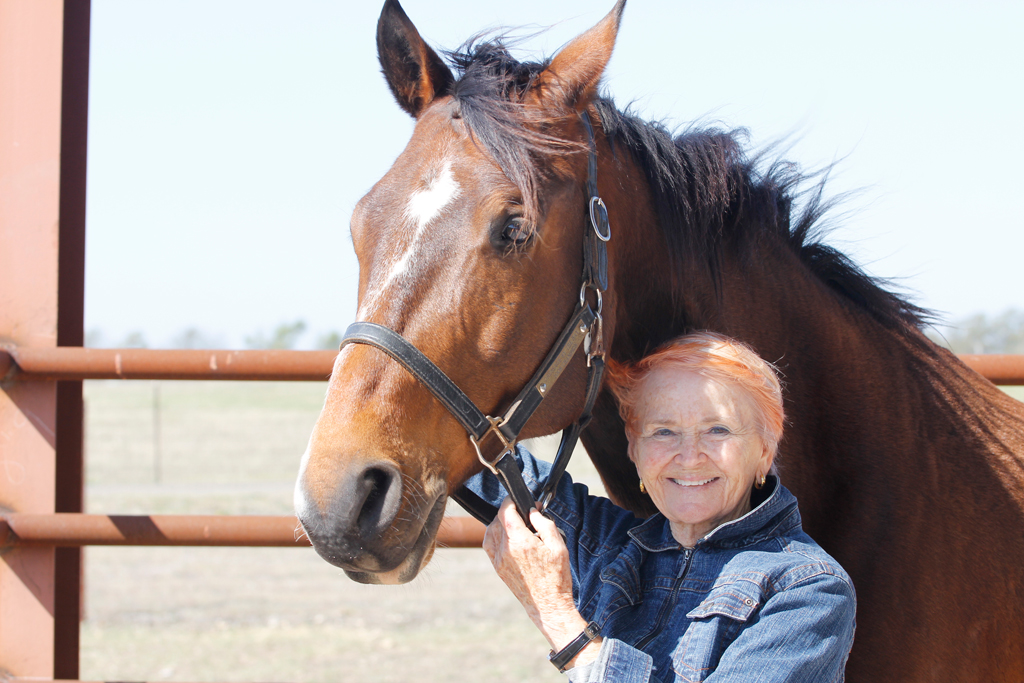Equine Assisted Therapy (EAT) is a new, growing type of therapy in drug treatment and it is the practice of using horses to help teach addicts life skills that can help them become and remain drug free. Gender-specific equine therapy is the practice of receiving equine therapy in a same sex environment. Individuals who undergo equine assisted therapy learn to use non-verbal communication skills to build trust with the horses. They start with learning how to build trust with the horse so that the horse starts to trust them to allow the addict to groom them. Eventually they will develop their skills in getting the horse to come to them when it is standing alone in the center of an arena, as well as developing their relationship with the horse so that it will allow the addict to saddle them, lead them into the arena, as well as ride them. By this stage, both the horse must learn to trust the addict and the addict must learn to trust the horse. Through this process the addict learns that it is important to listen to the non-verbal cues that the horse sends them to communicate. Oftentimes the relationship and bond that is created between the addict and the horse is the first positive, non-dysfunctional relationship the addict may have ever had in their life, and it can be a starting place for the addict to learn how to build better, more healthy relationships with others. This practice of using horses to assist in drug addiction therapy is new and growing rapidly because of the great success so many addicts, patients and others are experiencing in their lives with this type of therapy. It has been proven that addicts who participate in equine therapy are better able to build their confidence, improve communication and help them gain a new perspective and personal insight into the underlying causes of their addiction and how it has harmed them and the people that care about them. Horses communicate non-verbally and often use body language and reflect back the emotions and behaviors of the humans around them. By using horses in group psychotherapy sessions, this equine assisted therapy has been shown to help teach and improve these life skills to the addicts who are working with them: Creative Problem Solving and Critical Thinking, Teamwork, Relationship Building, Emotional Growth, Positive Attitude, Personal Responsibility, Improved Work Ethic, Improved Communication Skills, Decreased Isolation, Better Impulse Control, Trust, and Increased Confidence. Equine assisted therapy has been proven to be helpful for addicts seeking treatment for drug addiction and has also been shown to be very effective in improving outcomes for with patients with traumatic brain injury and balance issues, movement disorders, depression, attention-deficit disorders, conduct disorders, anxiety, dementia, autism, dissociative disorders, and many other disorders and injuries as well. In addition to using horses to facilitate therapy and healing with humans, there are also programs that are being developed that use other animals to teach these important life skills to addicts and others. These new programs include the use of dogs, dolphins and other animals.
Gender-Specific Equine Therapy

